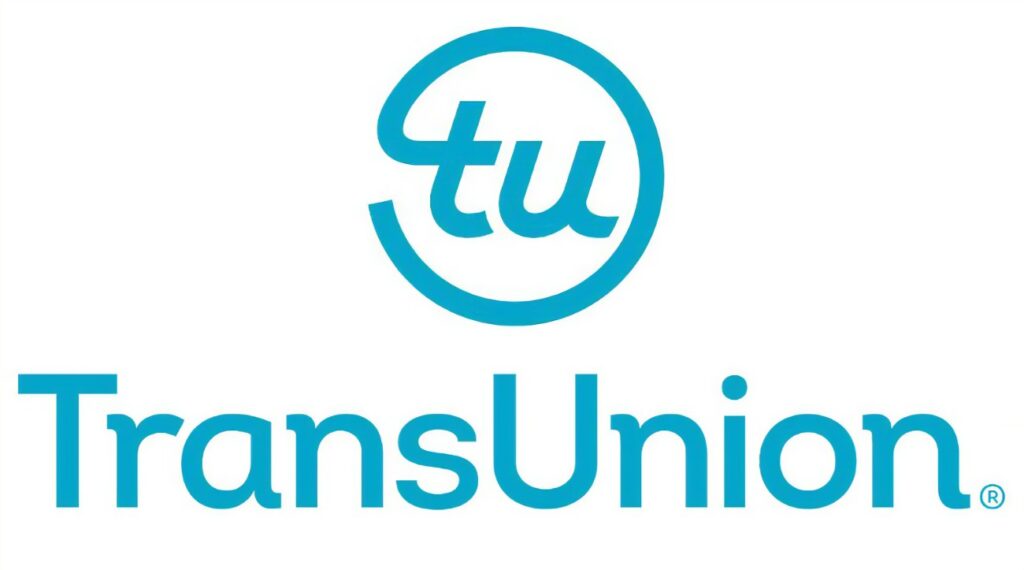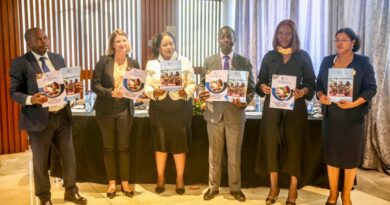Zambian Consumers Show Resilience Despite Economic Pressures, TransUnion Study Reveals
Zambian consumers are demonstrating remarkable financial resilience amid ongoing economic headwinds, according to TransUnion’s Q2 2025 Consumer Pulse Study.
The study found that nearly eight in ten Zambians (79%) felt optimistic about their household finances over the next year, while 82% anticipated an increase in income within the next 12 months. Over a third (34%) reported a rise in household income in the past three months, and 36% indicated that their finances were better than planned.
Despite this optimism, many households remain cautious. Around 35% of respondents expected to be unable to pay at least one of their bills or loans in full, with 48% planning to pay a partial amount, 45% considering temporary work, and 28% intending to use savings.
“Zambian consumers are showing optimism and resilience in the face of economic challenges, prioritising essential spending while trimming non-essential costs to maintain financial stability,” said Mildred Stephenson, CEO of TransUnion Zambia.
The study also highlighted the growing importance of credit in achieving financial goals. While 94% of respondents viewed access to credit as vital, only 42% felt they had adequate access. Among those planning to apply for credit in the next year, personal loans (46%) and refinancing existing loans (37%) were the most popular options, with “buy now, pay later” services (23%) and student loans (20%) also considered.
Rising interest rates and borrowing costs were cited as key barriers, with more than half of respondents saying higher rates influenced their credit decisions.
Fraud remains a major concern for Zambians. Over three-quarters (76%) reported being targeted by email, phone, or online scams in the past three months but did not fall victim. High-income consumers were particularly affected, with 91% targeted. Identity theft, credit card fraud, and data breaches were the most cited concerns.
Stephenson concluded: “By managing credit effectively and taking steps to prevent fraud, Zambians are positioning themselves to benefit from the country’s anticipated economic rebound.”
The study surveyed 325 adults across Zambia between 5–25 May 2025, using online panels via desktop, mobile, and tablet devices.



